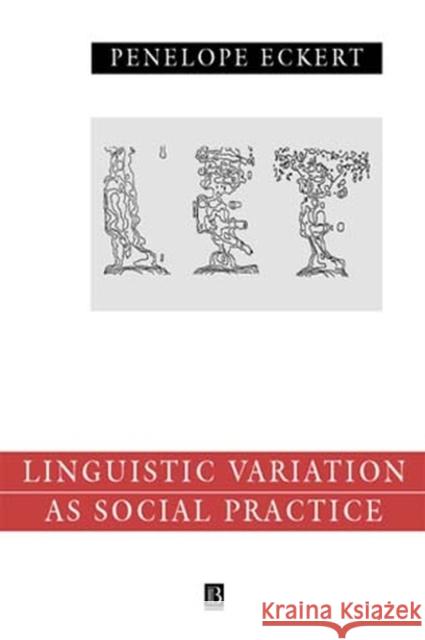Language Variation as Social Practice: The Linguistic Construction of Identity in Belten High » książka
topmenu
Language Variation as Social Practice: The Linguistic Construction of Identity in Belten High
ISBN-13: 9780631186038 / Angielski / Twarda / 2000 / 260 str.
Language Variation as Social Practice: The Linguistic Construction of Identity in Belten High
ISBN-13: 9780631186038 / Angielski / Twarda / 2000 / 260 str.
cena 613,24
(netto: 584,04 VAT: 5%)
Najniższa cena z 30 dni: 605,76
(netto: 584,04 VAT: 5%)
Najniższa cena z 30 dni: 605,76
Termin realizacji zamówienia:
ok. 30 dni roboczych.
ok. 30 dni roboczych.
Darmowa dostawa!
This volume provides an ethnographically rich account of sociolinguistic variation in an adolescent population.











